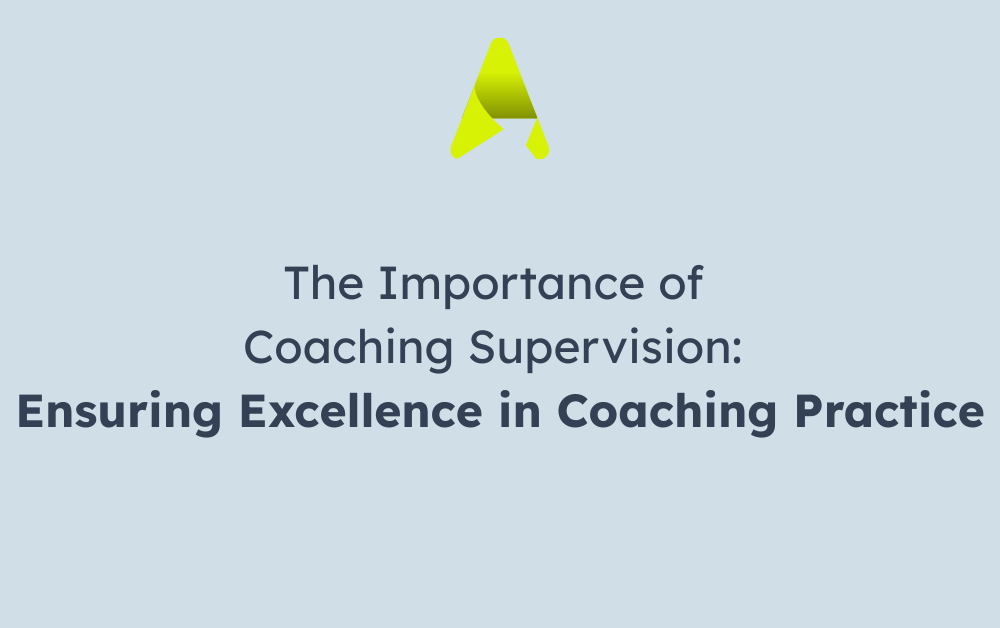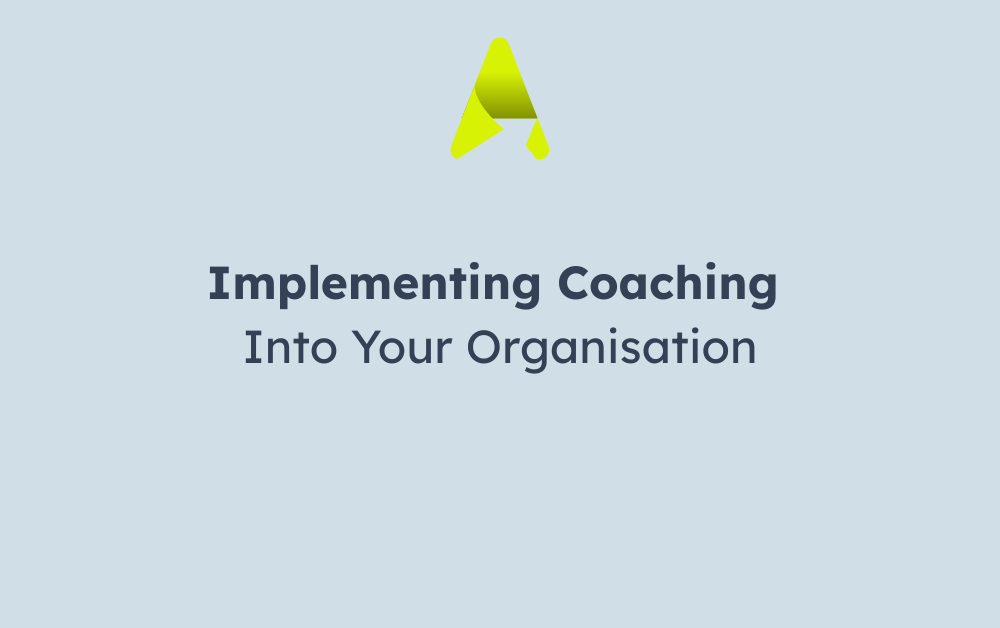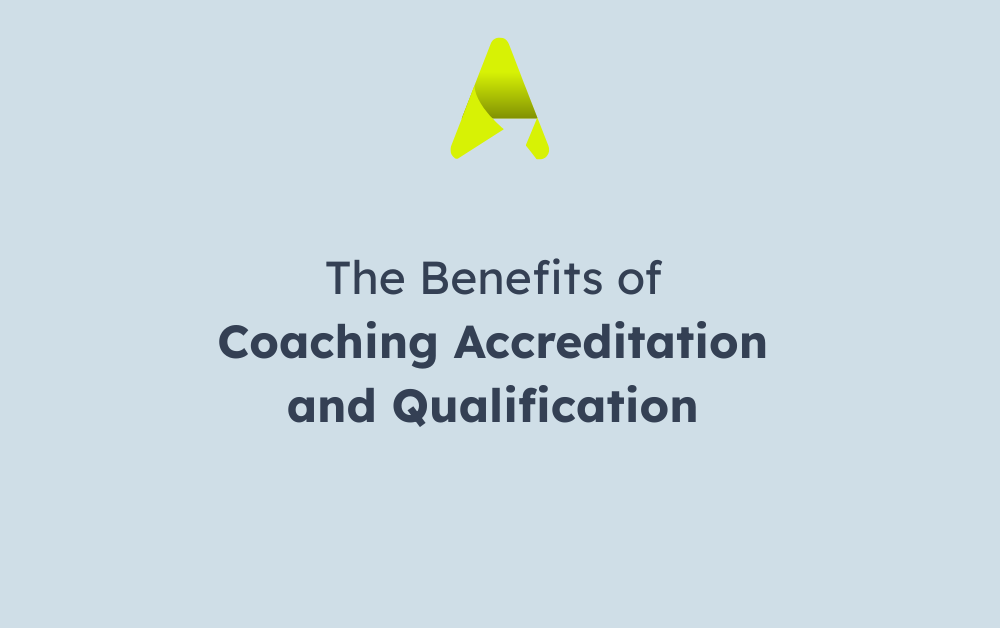In short, it’s challenge with care, not combat.
Why NEDs Must Lead the Way
As independent stewards of governance, NEDs are uniquely positioned to champion this approach. They bring outside perspective, sector insight, and the objectivity to ask, “What aren’t we seeing?” or “What assumptions are we making?”
But doing so takes:
- Courage: to question consensus, especially when it’s comfortable.
- Curiosity: to seek out complexity, not simplify prematurely.
- Clarity: to articulate views diplomatically but firmly.
This mindset shift transforms NEDs from oversight observers into proactive contributors to board resilience and integrity.
The Psychological Safety Link
Challenge only works when it is safe to do so. Psychological safety – the belief that you can speak up without fear of embarrassment or retaliation – is essential.
Boards can build this by:
- Creating space in agendas for divergent views
- Having Chairs model vulnerability and openness
- Rewarding insight over alignment
- Using external facilitation for tough reviews
According to McKinsey, boards that explicitly foster safety and dissent are better equipped to navigate transformation and crisis.
Real-World Practices from High-Performing Boards
1. Pre-reads with questions, not just data: Board packs that include 3-5 provocative questions invite directors to challenge assumptions ahead of meetings.
2. Red Team / Blue Team exercises: Assigning NEDs to argue different sides of a proposal can uncover hidden risks and strengthen outcomes.
3. Reverse mentoring: Inviting junior leaders to share unfiltered feedback with the board builds openness and diversity of thought.
4. Post-mortems on major decisions: Structured reviews of past board decisions improve future judgment and surface blind spots.
Framing Challenge Constructively
NEDs should practice challenge with these strategies:
- Use framing like “Help me understand the rationale behind…” or “What alternatives did we consider?”
- Focus on outcomes, not personalities
- Pair challenge with a recommendation or supportive next step
- Avoid performative or grandstanding behaviours
Remember, the goal is to sharpen strategy, not score points.
When Challenge Is Missing: Board Warning Signs
If challenge isn’t happening, boards may exhibit:
- Low attendance or disengaged NEDs
- Reliance on the CEO for unfiltered updates
- One or two dominant voices shaping debate
- Few or no votes against proposals
- No evidence of lessons learned after a crisis
Boards must see these as symptoms, not just styles.
What Chairs Must Do
Chairs play a pivotal role in normalising challenge. They should:
- Proactively invite dissent in meetings
- Check in 1:1 with quieter NEDs or board members
- Ensure meeting design allows time for discussion, not just updates
- Reinforce that “challenge” means commitment, not criticism
An effective Chair knows that strong governance depends on dialogue, not deference.
A New Era of Governance Leadership
As regulatory bodies, shareholders, and the public demand more transparent, values-led decision-making, NEDs and board advisors must embrace their role as challengers-in-chief.
In this context, constructive challenge in the boardroom is not an optional soft skill – it is a foundational governance capability.
Bravery Is the Standard
Boards that want to be future-ready must foster a culture of brave leadership. For NEDs, that means challenging assumptions, elevating debate, and prioritising purpose over politeness.
Real clarity comes when boards lean into challenge, not away from it.



